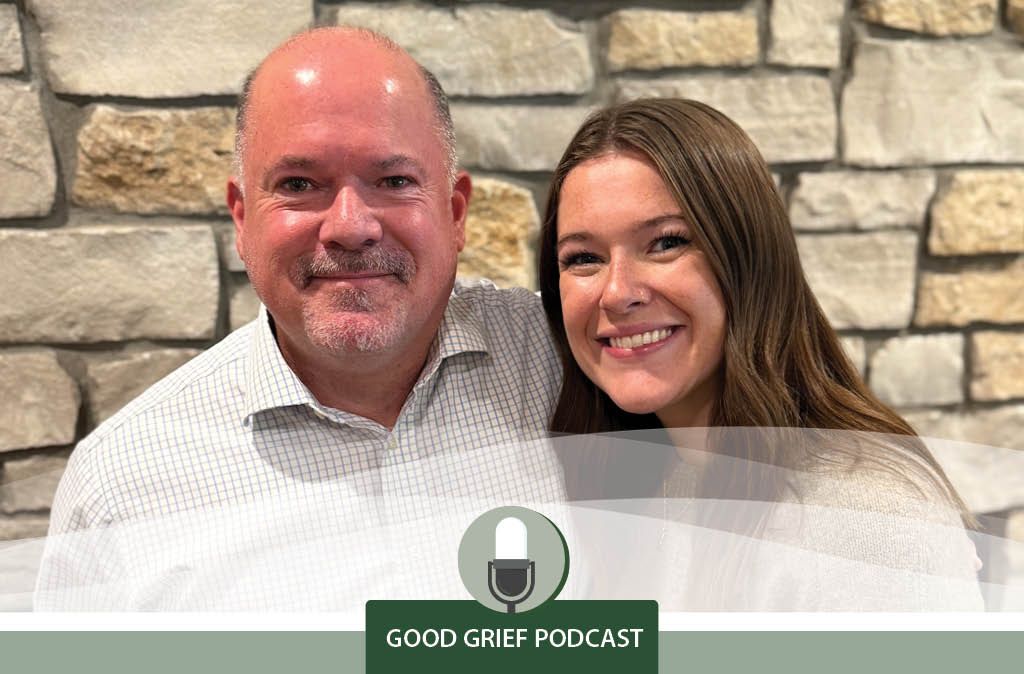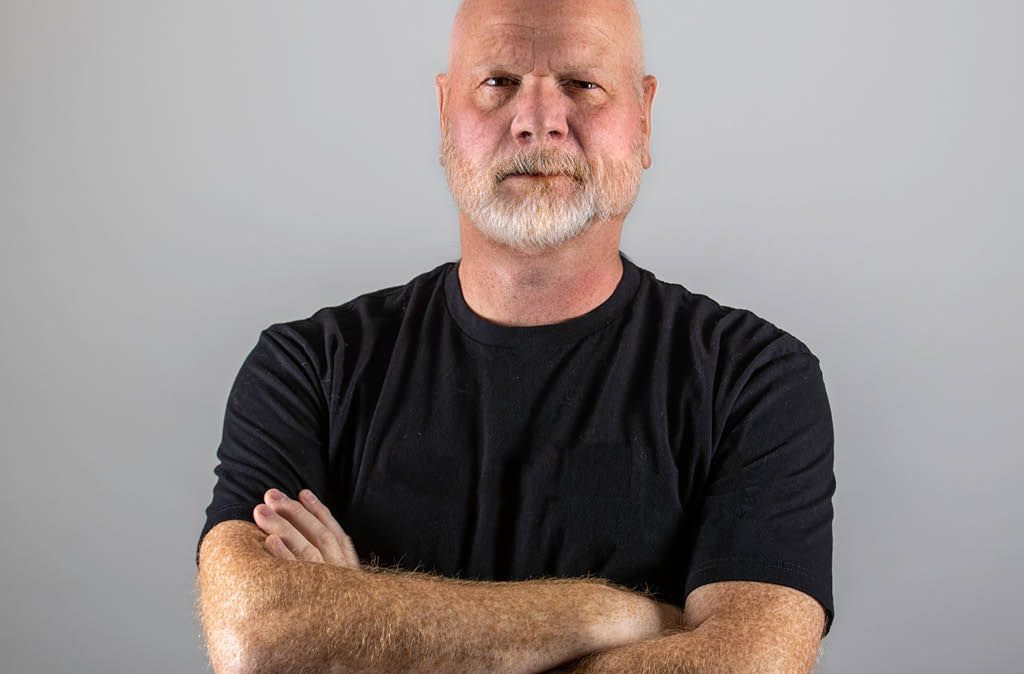Today’s “Ask The Funeral Director” will zero in on a few do’s and don’ts of what to say to grieving families.
Let’s be honest—it’s as tricky as trying to juggle flaming torches while riding a unicycle on a tightrope when deciding what to say to those who have experienced a close death.
Even we professionals, who are experienced and trained, have difficulty finding the right words.
Let’s begin there.
First, there is no magic saying or sentence that will take their grief away. The other is this: if you offer your condolences in a healthy way, you cannot make them feel worse or give them something they haven’t already thought of.
For example, if you mention the name of the person who died, it isn’t going to jar them into suddenly realizing they will never see them again.
As Aaron Rodgers once said, “R-E-L-A-X,” and talk to them as you would want to be spoken to—with genuine care and empathy. The saying “less is more” fits well here. Please do not ask the family, “How did they die?” That is an extremely personal question that may be complicated and trigger many unfavorable emotions related to the cause of death.
Regardless, it isn’t any of your business to ask. Please do not try to rationalize the death by stating, “God has a plan,” “Everything happens for a reason,” “They are in a better place,” “God needed an angel,” or “At least they aren’t suffering.” Furthermore, it is never a good idea to tell a grieving individual, “I know how you feel” or “I know exactly what you are going through.” Although these are well-intended comments, they minimize the person’s feelings and indirectly say, “I’m not interested in hearing how you feel, so zip it.”
Here is a horrendous example: When my brother was murdered, someone actually told me, “I know how you feel; I had to put my horse down, and it sucked.” If you know me, you know I am always good with words. But with that, I was speechless and dumbfounded. So, please, just don’t say anything close to that!
At this point, you’re probably thinking you may never want to go to another visitation because you can’t say anything anymore.
Deep breath—we got this.
Here are some simple sayings that speak volumes:
- “I don’t have the words, but I am here for you.”
- “Please know you are in my thoughts and prayers.”
- “I have such fond memories of [name]. They certainly made an impact on my life.”
- “I can’t imagine what you are going through right now. Just know, I am here to listen if you would like to talk anytime.”
- “They will be greatly missed. May you find peace and healing as you say goodbye.”
- “I just have so many great memories of [name]. What an incredible person.” Then, give an example of how they impacted you, such as, “He always knew how to make me laugh,” or “She was one of the kindest, most genuine people I have ever met.”
The bottom line is to slow down, be genuine with empathy, and give the family the ultimate consideration during this very emotional time. Treat others as you would want to be treated.
It is also very important to avoid making empty promises such as, “Let’s get together soon for coffee,” or “I’ll give you a call next week,” if you don’t mean it, as that only compounds their sadness.
Your presence at visitations and funerals is huge! Although it may feel very awkward and uncomfortable, silence is OK too. Again, you don’t have to say anything profound, nor does the family have to jump up and down because you said something positive. Let them sit in their grief and just know that even a quiet presence reassures them they are not alone, and you are there for them. By coming to a funeral or celebration of life, you are basically saying, “I am here for you, and I share your grief.”
Lastly, most people are afraid to say the deceased’s name, thinking it will provoke sadness. But it is actually the exact opposite. Families never want you to forget their loved ones. So, say their name loudly and often! It is what they crave. Saying goodbye to a loved one and the subsequent healing journey is deeply personal.
Please know this: You do not need degrees in grief therapy or counseling, nor wisdom that is off the charts, nor to be the person everyone comes to when they feel down. The dear Lord put two ears and only one mouth on our heads for a reason. The best supporters know how to just listen attentively and support others in their feelings of sadness.
Article by Mike O’Connell













